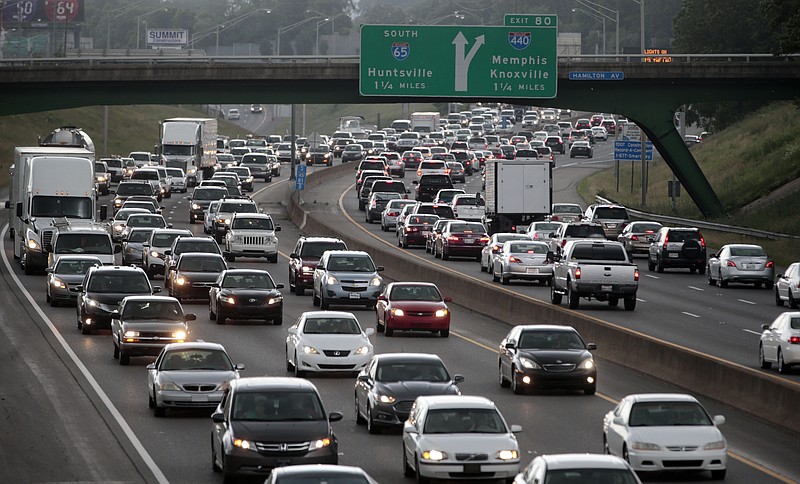Last week I clicked on a [Nashville] Tennessean opinion piece that kept popping up in my Facebook feed. It was a wildly popular article, shared by many of my Nashville friends. As I write this column, it's closing in on 18,000 Facebook shares.
The article - " 'It' city loses appeal for longtime Nashville residents" - was drafted as an open letter to the Nashville Metro Council, penned by lifelong Nashville resident Carolyn Schofner.
Her main question for the council, the reason she submitted the piece, is "What is the benefit to me of Nashville being the 'it' city?"
Unless you've been living under a rock, you're probably aware that Nashville has been booming the last few years. It's a real estate developer's paradise, has a growing and diversified economy, and is often referred to in glowing terms like "Nowville" and "the new L.A." - at least I think the latter is supposed to be a compliment.
Yet there are downsides to all the hubbub.
Less than a year ago I asked a friend of mine who was in town visiting, "How's Nashville?" Her response: "It's too hot." She wasn't referencing the weather. Hers was a brief complaint about living in a city that's outgrown its infrastructure and has skyrocketing housing costs that many residents cannot afford.
At the time, she was looking for a roommate. Living solo in Davidson County was financially out of the question for her, a teacher. Almost every other young professional I know in the Nashville area has dealt (or, is dealing with) a similar situation.
And the housing quandary is just the tip of the iceberg there. In addition to astronomical rents, Carolyn Schofner's op-ed from last week cites sub-par schools, increased violence and horrible traffic. With those matters in mind, Schofer's "What is the benefit?" question seems legitimate.
It's also one that Chattanoogans would be wise to keep in mind as we work to continue our own Gig City resurgence. Because, on a smaller scale, it can be argued Chattanooga is already dealing with similar matters.
The number of homicides has increased here each of the last four years, as have shootings except for a one-year dip between 2013 and 2014. Our schools are struggling to the point that multiple communities are looking into breaking away from the larger system. Rent prices have risen three times faster than income. And as for traffic, though Chattanooga is nowhere near as bad as Nashville or Atlanta, how many more real estate developments can the North Shore or Southside handle before commuting on our existing streets becomes a royal pain in the hindquarters? It's hard to imagine more bike lanes will fix much in that regard.
Of course, no one is arguing that we should stuff the development genie back in its bottle. I can't think of anyone who wants to take Chattanooga back to the 1980s. However, growth for sheer growth's sake is a very nearsighted perspective. Sure we want to attract new business and new people to our city. We need both of those badly.
But as we work to attract the new, it is important that we continue considering what the benefit of all this is for the people who have lived and worked here for years.
It's a tough, but important, balancing act.
While it's fun to get attention for all the things going well here, here's hoping that as we continue to become a smaller "it" city, we don't end up looking back one day wondering, "So what did we get out of 'it' all?"
Contact David Allen Martin at davidallenmartin423@gmail.com and follow him on Twitter @DMart423.

